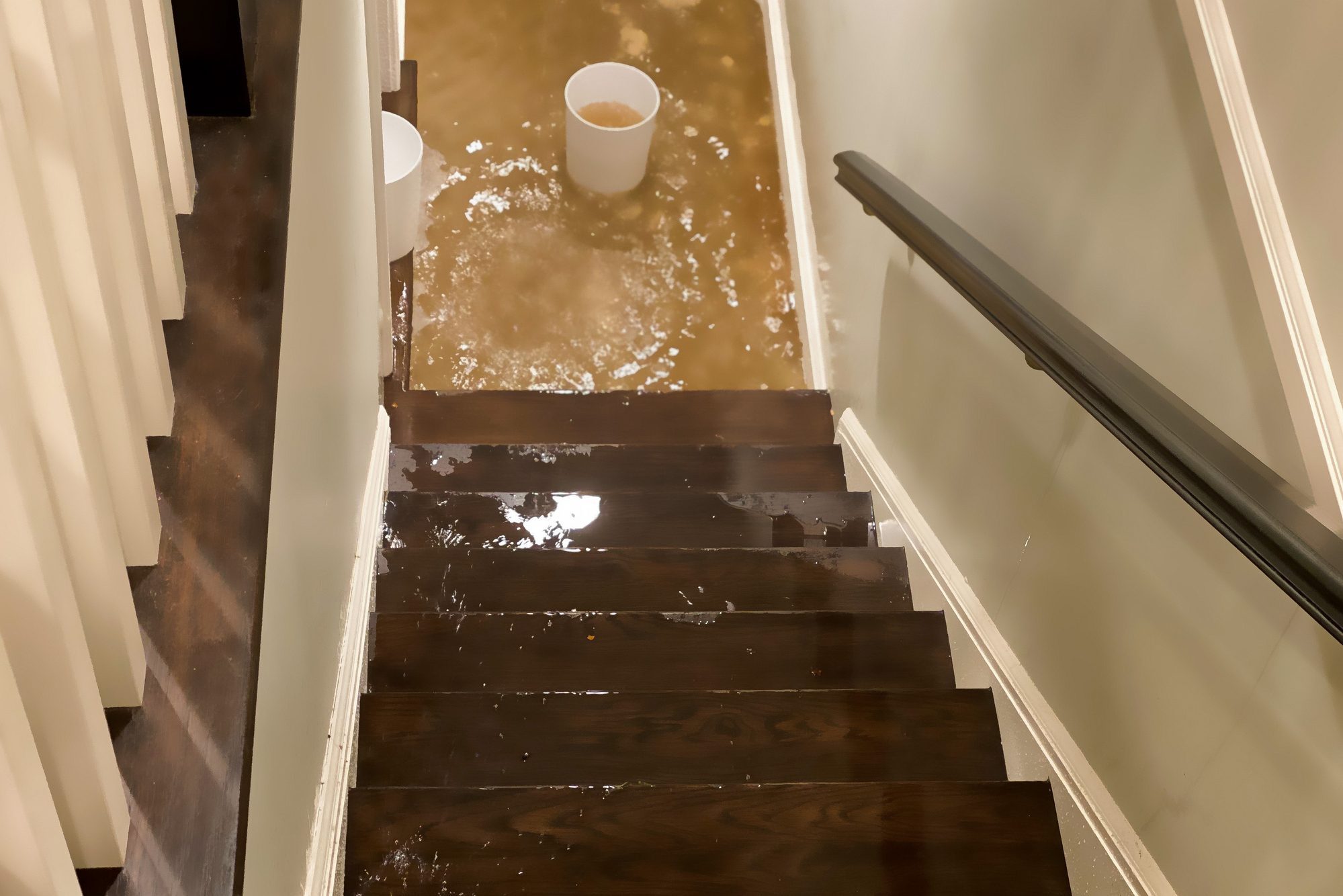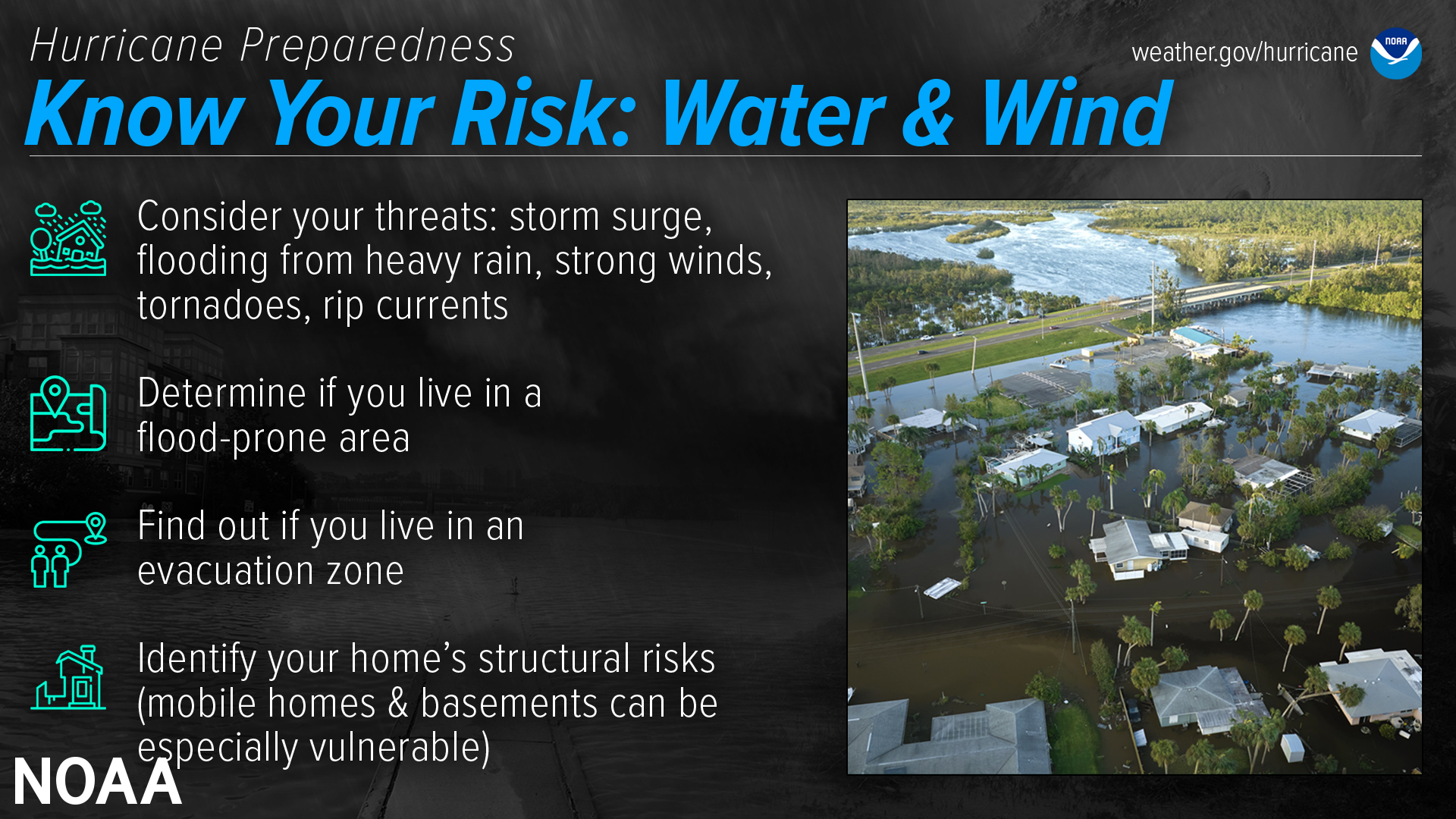Install a sump pump and clean gutters to prevent basement flooding during heavy rain. These measures help redirect water away from the basement and ensure proper drainage.
Additionally, adding a backwater valve, adjusting downspouts, clearing eavestroughs and downspouts, repairing foundation cracks, and utilizing landscape solutions are effective preventative measures. Another option is to seal the basement using waterproofing products. By implementing these strategies, you can minimize the risk of basement flooding and protect your property from water damage during heavy rain.

Credit: www.familyhandyman.com
Understanding The Causes Of Basement Flooding
Understand the causes of basement flooding during heavy rain to prevent it. Common culprits include leaky foundations, excessive rain, poor yard drainage, and sewer backups. To keep your basement safe and dry, take steps like installing a sump pump, maintaining gutters, adjusting downspouts, repairing foundation cracks, and implementing proper landscaping.
Common Causes Of Basement Flooding
A leaky basement foundation is the most common cause of basement flooding. Excessive amounts of rain, poor yard drainage, and sewer backups are often the culprits behind a leaky foundation. When heavy rain occurs, the water can seep through cracks in the foundation and find its way into the basement, causing significant damage.
Impact Of Excessive Rainfall On Basement Flooding
Excessive rainfall can have a detrimental impact on basement flooding. When heavy rain occurs, the amount of water that enters the ground can exceed the capacity of the soil to absorb it. This increases surface runoff, which can overwhelm drainage systems and cause water to seep into basements. The sheer volume and force of the rainwater can put significant pressure on foundation walls, leading to cracks and leaks.
Effects Of Poor Yard Drainage And Sewer Backups
Poor yard drainage and sewer backups can also contribute to basement flooding. When the yard does not have proper grading or slope, water can accumulate near the foundation instead of draining away. This excess water can then enter the basement through cracks or other openings. Similarly, sewer backups can occur when the sewer lines become overwhelmed by heavy rainfall, causing water to go back into basements through floor drains or toilets.
Proven Techniques To Prevent Basement Flooding
Preventing basement flooding during heavy rain is crucial to protect your home and valuables from water damage. Fortunately, proven techniques can help you keep your basement dry and avoid costly repairs. Here are some effective methods you can implement:
Install A Sump Pump
Installing a sump pump is one of the most effective ways to prevent basement flooding. This device is designed to remove excess water from your basement and redirect it away from your home’s foundation. A sump pump is typically installed in a pit or basin and activates automatically when water levels rise. Choosing the right size and type of sump pump is important based on your basement’s needs.
Maintaining Gutters And Downspouts
Proper maintenance of your gutters and downspouts is essential in preventing basement flooding. Make sure to clean your gutters regularly to remove leaves, debris, and other obstructions that can lead to clogs. Additionally, check that your downspouts are directing water at least five feet away from the foundation. This will help prevent excess water pooling around your home and seeping into the basement.
Adding A Backwater Valve
A backwater valve can be installed in your basement to prevent sewage backup during heavy rain. This valve allows wastewater to flow out of your home but prevents it from flowing back in. It acts as a one-way gate, ensuring that sewage stays out of your basement and reducing the risk of contamination and flooding.
Adjusting Downspouts And Eavestroughs
Determining the proper placement and adjustment of your downspouts and eavestroughs is crucial in preventing basement flooding. Ensure that water from the roof is being directed away from your foundation. Extend downspouts to direct water at least five feet away from the house, and ensure eavestroughs are clean and debris-free to allow proper water flow.
Repairing Foundation Cracks
Foundation cracks can be a major entry point for water during heavy rain. Inspect your basement for cracks or gaps and promptly repair them. Use an appropriate sealant or waterproofing membrane to seal these cracks and prevent water from seeping into your basement.
Implementing Landscape Solutions
Proper landscaping around your home can significantly prevent basement flooding. Ensure that your yard slopes away from the foundation, allowing water to flow away from your home instead of pooling near it. Consider installing rain gardens, French drains, or dry wells to help manage excess water runoff.
Following these proven techniques can greatly reduce the risk of basement flooding during heavy rain. Remember, prevention is key to keeping your basement dry and protected. Implement these methods to safeguard your home and enjoy peace of mind.
Basement Waterproofing Products And Sealants
Prevent basement flooding during heavy rain with basement waterproofing products and sealants. Seal visible cracks and openings in your basement walls and floor, and add new caulking around windows, doors, and hatchways to keep water out. Additionally, consider using a waterproofing membrane for added protection.
Sealing The Basement From Flooding
If you want to prevent basement flooding during heavy rain, sealing your basement is one of the key steps you need to take. This helps to create a barrier between the outside water and the interior of your basement, keeping it safe and dry. Sealing the basement involves using a waterproofing membrane or sealant to close any cracks or openings that may allow water to seep.
Choosing The Right Waterproofing Membrane Or Sealant
When selecting the right waterproofing membrane or sealant for your basement, there are a few factors to consider. Firstly, you need to assess the extent of the problem and the type of cracks or openings you need to seal. Different products are available for different levels of water infiltration.
In addition, choosing a waterproofing membrane or sealant that is compatible with your basement walls and floor materials is essential. This is to ensure optimal adhesion and long-lasting protection against water intrusion.
Remember to follow the manufacturer’s guidelines and application instructions. Using the right product correctly is crucial for achieving effective and durable waterproofing.
Tips For Sealing Visible Cracks And Openings
Sealing visible cracks and openings in your basement walls and floor is vital for preventing water from seeping into your basement. Here are some tips to help you:
- Start by thoroughly cleaning the cracks and openings and removing loose debris or dirt.
- Apply the waterproofing membrane or sealant generously, ensuring it covers the entire crack or opening.
- Use a putty knife or similar tool to smooth the membrane or sealant, ensuring proper adhesion and a uniform surface.
- Allow the membrane or sealant to dry and cure completely before testing its effectiveness.
- Regularly inspect your basement for any new cracks or openings and promptly seal them to maintain a watertight seal.

Credit: www.familyhandyman.com

Credit: www.weather.gov
Frequently Asked Questions Of How To Prevent Basement Flooding During Heavy Rain
How Do I Stop My Basement From Flooding In The Rain?
To prevent basement flooding during rain, follow these steps: Install a sump pump, clean gutters, add a backwater valve, adjust downspouts, clear eavestroughs and downspouts, repair foundation cracks, landscape your property, seal your basement, and use basement waterproofing products. Regular maintenance and addressing plumbing issues can also help prevent flooding.
What Is The #1 Cause Of Basement Flooding?
The #1 cause of basement flooding is a leaky basement foundation. Excessive rain, poor yard drainage, and sewer backups are common culprits behind foundation leaks. To prevent flooding, seal visible cracks and openings in your basement walls and floor and consider adding a waterproofing membrane or sealant.
Regularly inspect your foundation and basement walls for cracks and seal them with a waterproofing compound.
How Do I Seal My Basement From Flooding?
To seal your basement from flooding, follow these steps: 1. Use a waterproofing membrane or sealant to seal visible cracks and openings in your basement walls and floor. 2. Apply new caulking around basement windows, doors, and hatchways. Implementing these measures will help keep water out and prevent basement flooding.
Why Is There So Much Water In My Basement After Heavy Rain?
Excessive rain can cause water in your basement due to cracks in foundation walls or floors. This allows water from outside to leak in, especially with high hydrostatic pressure. Small cracks can often be fixed with an interior sealant. Inspect your foundation and walls, and seal any cracks with a waterproofing compound to prevent basement flooding.
Conclusion
It is crucial to take the necessary precautions to prevent basement flooding during heavy rain. Install a sump pump, clean gutters regularly, add a backwater valve, adjust downspouts, clear eavestroughs and downspouts, repair foundation cracks, and seal your basement using waterproofing products.
Additionally, consider landscaping solutions and grading your lawn properly. Following these steps can keep your basement dry and protected during heavy rainstorms. Don’t let basement flooding become a recurring issue in your home. Take preventative measures today!

